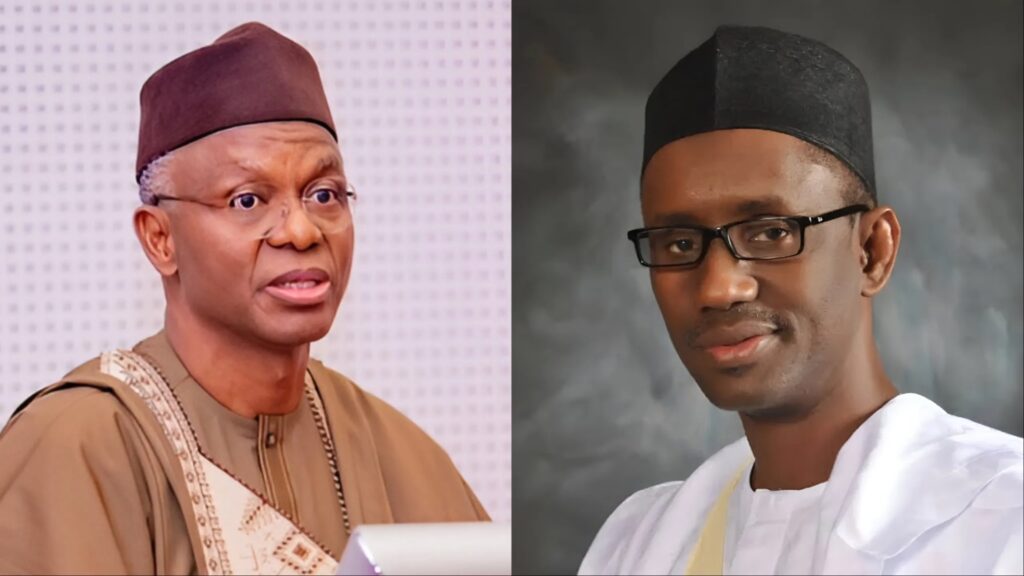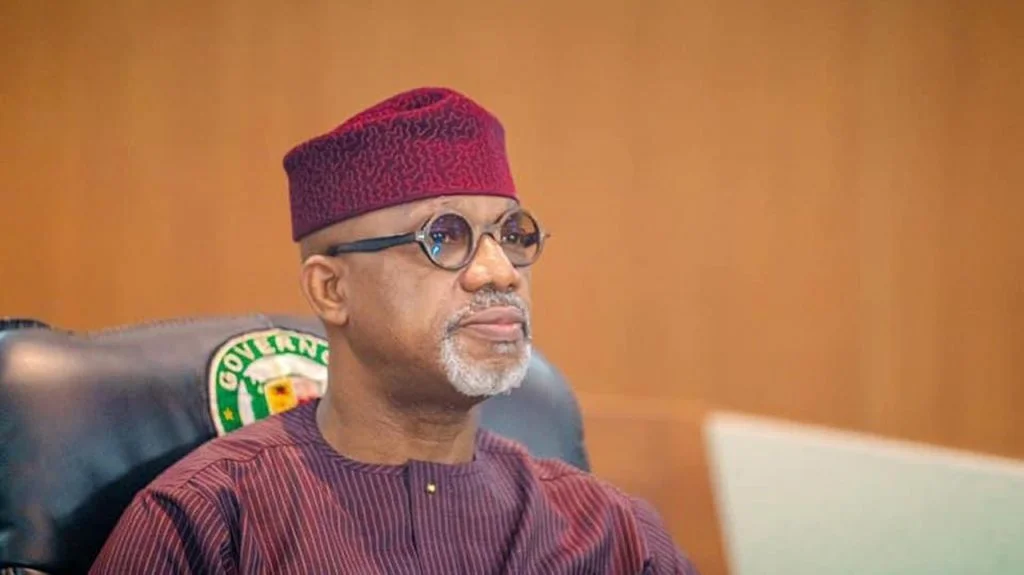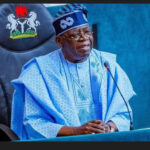Osun Monarch Breaks Tradition, Teaches in Free School for Underprivileged Children

In a remarkable departure from conventional royal norms, a traditional ruler in southwest Nigeria is earning national and international attention for his hands-on approach to leadership—through education.
Oba Adedokun Abolarin, the Orangun of Oke-Ila in Osun State, is not only a custodian of Yoruba tradition but also a classroom teacher, mentor, and founder of a tuition-free school for underprivileged children from across Nigeria.
In a recent feature by BBC News Africa, the monarch was celebrated for redefining leadership by combining royalty with humanitarian service.
At the heart of this initiative is the Abolarin College, a free boarding school founded by the king with a mission to educate children from impoverished backgrounds—regardless of religion, ethnicity, or origin.
Unlike many elite schools, this institution is fully funded by donations and the personal resources of the monarch himself. Students are provided with uniforms, food, accommodation, and books at no cost.
What makes Oba Abolarin’s story even more extraordinary is his personal involvement in the academic process.
Dressed in regal attire, he is often seen in classrooms teaching subjects like history and civic education. His goal, he says, is to equip the next generation with the values of integrity, patriotism, and intellectual courage.
“Leadership should be about service, about touching lives,” Oba Abolarin says. “If we fail to invest in the poor, we are planting the seeds of future instability.”
In a society where traditional rulers are often associated with wealth, protocol, and ceremony, Oba Abolarin stands apart. His model of kingship—grounded in education, humility, and accessibility—has inspired admiration from education advocates and community leaders nationwide.
Parents of students at Abolarin College speak of dramatic transformations in their children, many of whom had never seen the inside of a classroom before being admitted.
Some pupils have gone on to excel in external examinations and gained scholarships for higher education.
BBC’s profile of the king also underscores how traditional institutions can be reimagined as forces for development, especially in areas neglected by government structures.
In a time of rising inequality and social discontent, Oba Abolarin’s work is a powerful reminder that leadership is not about titles alone—but about using privilege to uplift others.
As Nigeria continues to grapple with education access and youth empowerment, the monarch’s approach offers a compelling example of how cultural leadership can serve as a tool for social change.









